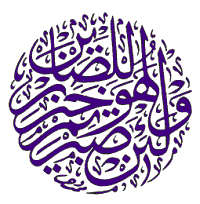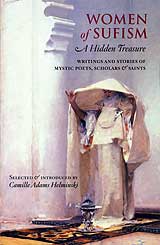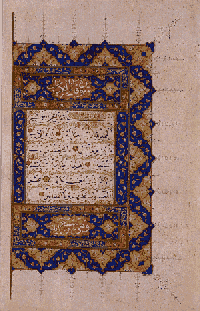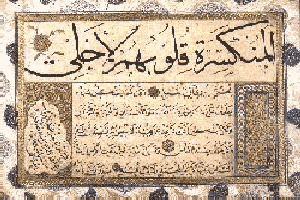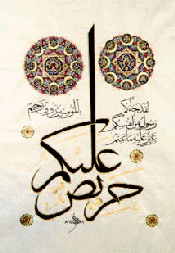Rumi: On the Heart
The deliciousness of milk and honey is the reflection of the pure heart: from that heart the sweetness of every sweet thing is derived. The heart is the substance, and the world the accident: how should the heart's shadow be the object of the heart's desire?


